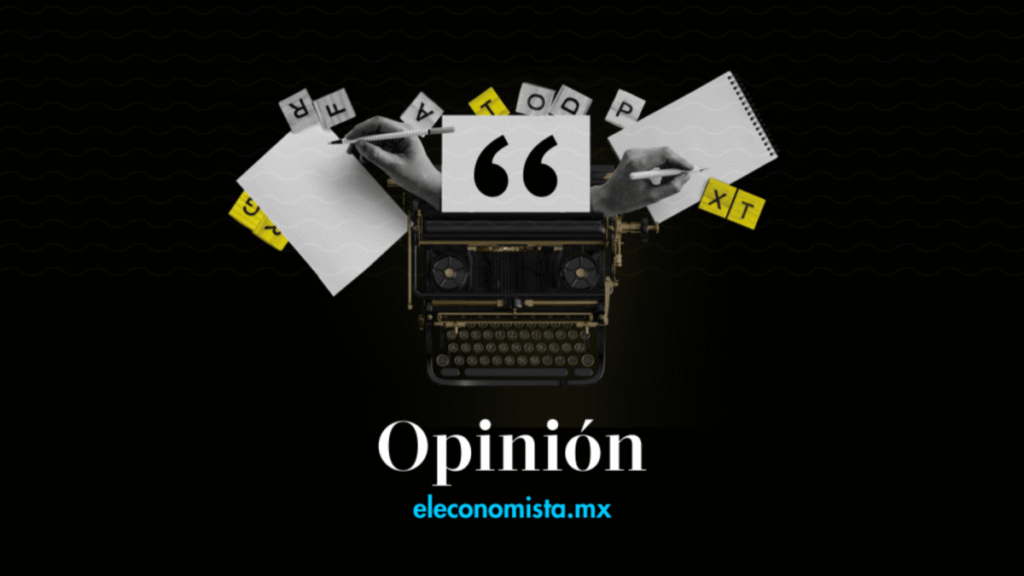Introduction
This week, the American magazine The New Yorker published an in-depth profile of President Claudia Sheinbaum. The article explores her family background, political journey, relationship with former President López Obrador, and her current leadership marked by interactions with Donald Trump and the ongoing crisis of disappeared individuals, including a recent discovery in Teuchitlán, Jalisco.
A Balanced Portrait
I highlight this publication as it successfully portrays Sheinbaum in her complexities, neither idealizing nor condemning her. The article presents an unadorned, yet accurate depiction, prompting readers to consider more than what is explicitly stated. The subtitle serves as a guiding principle for both the article and Sheinbaum’s six-year term: “Can Claudia Sheinbaum manage the demands of Washington and her own country’s fragile democracy?”
U.S.-Mexico Relations: Navigating Uncertainty
Regarding U.S. relations, there is no room for mystery. The integration has naturally imposed structural conditions on Mexico: export dependency, tariff vulnerability, and constant exposure to an uncertain scenario where uncertainty has become routine.
In the realm of psychology, it’s almost axiomatic that what troubles humans most is not tragedy but uncertainty. Perhaps this explains why both national and international press have praised Sheinbaum for navigating the Trump-induced chaos. Nearly 100 days after Trump’s return to the White House, many identify certain patterns, including Sheinbaum herself as an astute observer of Trump’s behavior.
However, recognition should not distract from the facts: Sheinbaum’s government has cooperated—and conceded—more than ever to Washington’s demands, seemingly with no alternatives. The security strategy’s design, more technical and focused yet still insufficient to curb violence, exemplifies this.
Insecurity: A Major Constraint
Another significant constraint for this government is insecurity. The six-year term began with massacres in Sinaloa, executions in Tabasco, and crossfire in Colima. Criminal groups have become a de facto regulatory force in several regions, imposing norms, collecting informal taxes, dictating codes of conduct, financing campaigns, and selecting candidates—soon, even judges.
Amidst these challenges, the discovery of a mass extermination site in Jalisco serves as a stark reminder of the disappeared individuals’ tragedy. This topic, unwanted and denied by many within the ruling party, exposes a raw wound: social indignation over the clumsy and dehumanized handling of the issue affects both Sheinbaum—the activist, daughter of ’68, and human rights defender—and democracy.
The Power of the Morning Press Conference
Beyond these constraints, the ruling party has meticulously refined an instrument: the morning press conference. As the profile suggests, it controls the narrative and shapes reality. A colleague asked if there’s a difference between López Obrador’s and Sheinbaum’s morning press conferences. I replied that there isn’t, except for tone—less confrontational, more executive, and succinct. The function remains the same: defining the terms of public debate.
Consequently, it’s unsurprising that following Trump’s tariff announcements, half the morning press conference focused on the U.S. while the other half addressed campaigns against cataracts or dengue fever. Both topics are equally urgent and strategic, illustrating how the government constructs its self-portrait: between factual reality and propaganda’s logic.
Key Questions and Answers
- Q: How has Claudia Sheinbaum managed U.S.-Mexico relations? A: Sheinbaum’s government has cooperated extensively with Washington’s demands, demonstrating a more technical and focused security strategy while grappling with tariff vulnerabilities and export dependencies.
- Q: What challenges does Sheinbaum face in terms of domestic security? A: Criminal groups have become de facto regulators in several regions, imposing norms, collecting informal taxes, and dictating codes of conduct, posing a significant constraint for Sheinbaum’s government.
- Q: How does the morning press conference influence public discourse? A: The morning press conference, under both López Obrador and Sheinbaum, controls the narrative and shapes reality, defining the terms of public debate through a consistent yet adaptable approach.






